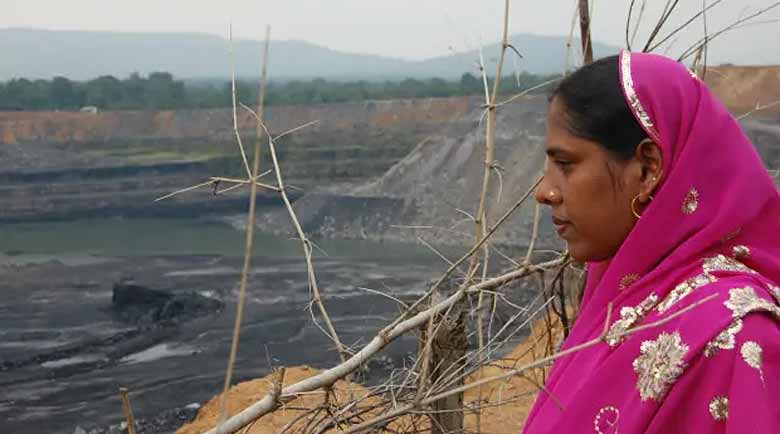UN urges action on tribal lands issue in Chhattisgarh
Raipur | Correspondent: In its review of India’s fourth report on implementing the International Covenant on Civil and Political Rights (ICCPR), the United Nations Human Rights Committee highlighted specific concerns about Chhattisgarh tribal lands.
The report pointed out 1,176 unresolved cases in Raigarh district where tribal lands were acquired under coercion and without consent.
The Committee stressed the need for swift access to fair justice, remedies, and adequate compensation for these cases.
It is observed that the rights of Indigenous and tribal communities to their ancestral lands are often threatened by development projects and industrial activities.
These activities frequently proceed without proper consultation or obtaining the free, prior, and informed consent of the affected communities.
Additionally, the Committee criticized the inadequate enforcement of laws designed to protect land rights and prevent violence and discrimination against these communities.
It noted that the recommendations of the National Commission for Scheduled Tribes on these issues have not been implemented.
The Committee in the review majorly raised concerns about the rights of minorities and Indigenous peoples, mentioning that Scheduled Tribes (ST) remain among the most disadvantaged socio-economic groups.
To address these concerns, the committee urged the government to ensure that Indigenous communities rights to own, use, and develop their ancestral lands and resources are recognized, respected, and protected both in law and practice.
Guaranteeing the systematic application of participation processes to obtain free, prior, and informed consent from Indigenous and Tribal Peoples for all decisions affecting them.
Effectively enforcing the Scheduled Tribes and Other Traditional Forest Dwellers (Recognition of Forest Rights) Act of 2006 and other international Indigenous rights standards like the UN Declaration on the Rights of Indigenous Peoples.
Conducting evictions, when unavoidable, in accordance with due process, with consultations, consideration of alternatives, and opportunities for appeal, ensuring restitution or adequate compensation.
Improve the provision of essential public services to Indigenous communities in situations of vulnerability.


